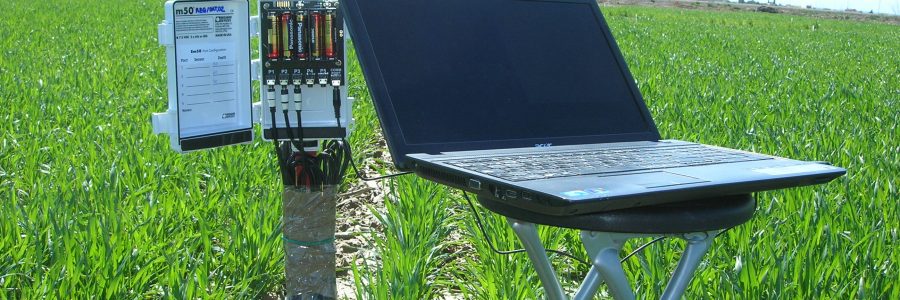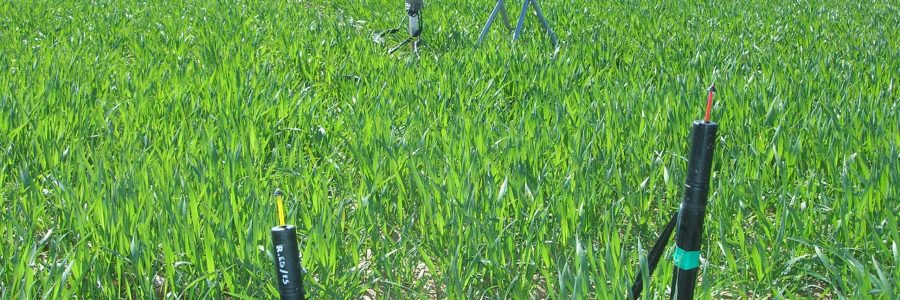Simulating irrigation management is a current available option. Simulations are very useful to deal with climate risks.Most of current crop models simulate irrigation, recommending the optimum management. Particularly, simulations help to improve climate resilience. They reduce the vulnerability of irrigated agriculture to droughts and other climate risks.Climate Change might significantly increase climate variability. Droughts could be more … [Read more...] about Simulating irrigation management to save water and energy



